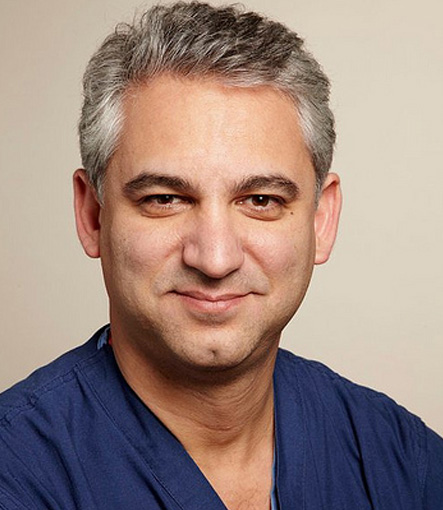Prostate Cancer Patients On Active Surveillance Report Good Quality Of Life
Men with low-risk prostate cancer who are on active surveillance are experiencing a similar health related quality of life same as men without prostate cancer, both clinically and psychologically, according to the findings of a recent study. Active surveillance has emerged in recent years as a viable option for men with low-risk prostate cancer who decide not to undergo surgery or radiation therapy. During active surveillance, a patient’s prostate cancer is carefully monitored for any signs of progression.
In addition, a PSA blood test and digital rectal exam (DRE) are also administered periodically, along with a repeat biopsy of the prostate at one year and then at specific intervals thereafter. If symptoms do develop, or if further testing indicates cancer growth, treatment for the disease may be required. The new study, which was recently published in The Journal of Urology, followed 89 American men with low-risk prostate cancer and 420 men without the disease. Over three years of follow-up, there were no significant differences between the two groups in health-related quality of life.
Data used in the study was compiled from four military medical centers participating in the Center for Prostate Disease Research Multicenter National Database. Researchers analyzed patient-reported HRQoL using validated metrics derived from two questionnaires, one dealing specifically with prostate cancer related outcomes and a second focusing on general health assessment. The racially diverse study sample consisted of two groups: 89 patients diagnosed with low risk prostate cancer (clinical stage T1-T2a, biopsy Gleason score 6 or less, and prostate specific antigen less than 10 ng/ml), who initially underwent AS, and 420 patients without cancer who had a negative prostate needle biopsy.
Over the course of their study researchers did not find any major difference between the two groups when it came to health related quality of life. Study’s lead researcher Dr. Christopher Porter from Virginia Mason Medical Center in Seattle said that this is the first study on the outcomes of health-related quality-of-life of men when they choose active surveillance compared with men without prostate cancer.
“Our results suggest that for at least three years, men selecting active surveillance do not experience a substantial psychological burden or clinically significant problems due to untreated disease. The potential clinical impact of these results is significant and will allow clinicians to counsel patients effectively in regard to the potential health-related quality-of-life outcomes associated with active surveillance.” stated by Dr. Porter in a journal news release.






